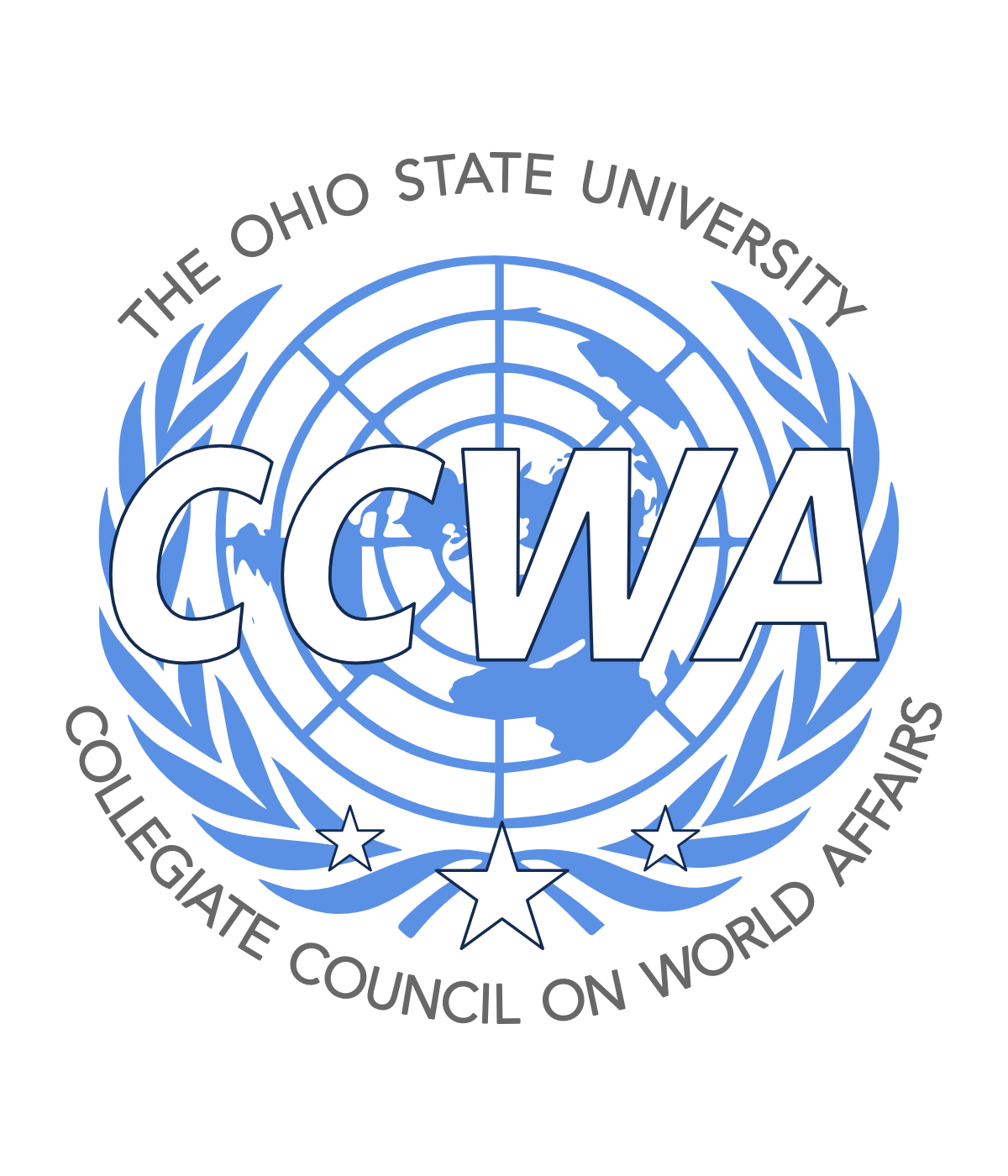Sasha's CCWA10: Jewish Comedy
One of the most beloved segments during weekly CCWA meetings are the CCWA10’s. A CCWA10 is a roughly 10 minute-long presentation made by our very own student members on any topic related to international affairs. If you’d like to give a CCWA10 this semester, contact our Vice President- who also just so happens to be Sasha.
Last fall, CCWA explored how Jewish comedy in mid-20th century America came to rely on tragedy. In particular, my CCWA10 examined the Holocaust, arguably the most tragic event in Jewish history, as an integral influence in the “Yiddishization of American Humor.” We discussed how the Holocaust both directly and indirectly influenced this unapologetically Jewish comedy that emerged in the 1950s and 1960s in America and how that comedy allowed American Jews to deal with the duality of the Holocaust and their own personal successes in the United States.
In the late 1950s and early 1960s, American entertainment experienced a shift that accommodated a new style of comedy. Out of the ashes of World War II and the Holocaust, emerged Sid Caeser’s “Your Show of Shows,” whose writers consisted of famous Jewish comedians such as Mel Brooks, Woody Allen, and Carl Reiner. A few years prior, Lenny Bruce’s shocking dialogues harshly highlighted the differences between “Jewish and Goyish.” In the Catskills, the Borscht Belt comedy scene spread and flourished. Mel Brooks and Carl Reiner recorded their renowned comedy special, the 2000-Year-Old Man, which featured an ancient caveman who uses Yiddish lingo and succumbs to many Jewish stereotypes. American comedians were unapologetically Jewish and yet still appealing to gentile American audience.
Studying the history of comedy emphasizes the relationship among cultural, political, and social history. Cultural output often reflects the deeper issues that plague society. Though the relationship between Jewish comedy and the Holocaust may seem like a niche topic, it actually reveals a larger affiliation between history and the arts. As a result, this discussion brought the study of anti-Semitism from the political to the cultural realm. Furthermore, today we can witness a similar modern phenomenon. Our political climate permeates the new global ‘meme-culture’ and fuels the material in NBC’s Saturday Night Live. The history of comedy lends itself to an understanding of our contemporary embrace of political correctness and more importantly, the freedom of speech. Finally, it is time for not only historians, but also psychologists and sociologists, to understand how certain individuals respond to trauma and tragedy. Historical study has relevance to psychology, comedy, and politics.



